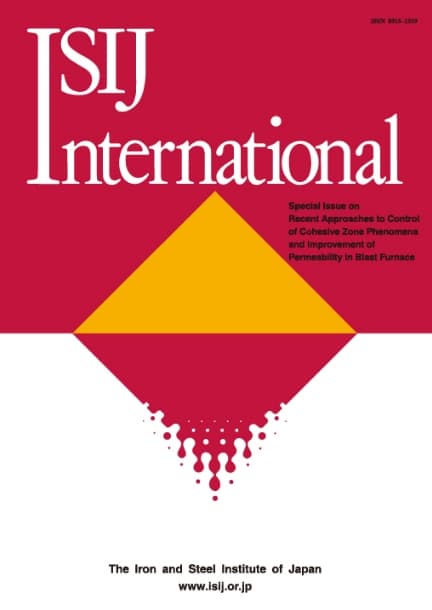Application of Laser-Induced Breakdown Spectroscopy to Real-Time Elemental Monitoring of Iron and Steel Making Processes
Zhenzhen Wang, Yoshihiro Deguchi, Fangjung Shiou, Junjie Yan, Jiping Liu
pp. 723-735
Abstract
Steel industry is the irreplaceable foundation in heavy industries, which have been developed and improved. The advanced monitoring methods including detection and control technology contribute to its development of iron and steel manufacturing processes. With the development of the measurement techniques, laser-induced breakdown spectroscopy (LIBS) has been developed and applied for many industrial fields of elemental monitoring due to the non-contact, fast response, high sensitivity, real-time and multi-dimensional features. The elemental measurement methods in steel industry were summarized and compared in this paper. LIBS measurements of raw material, smelting processes, products, slag, etc. have been reviewed in detail. Challenges for the future of LIBS application in iron and steel making processes have also been discussed. LIBS has a high potential to improve the detection ability of elemental analyses and to promote the on-line monitoring characteristics in iron and steel making plants.
Readers Who Read This Article Also Read
Tetsu-to-Hagané Vol.97(2011), No.2
Tetsu-to-Hagané Vol.98(2012), No.2
ISIJ International Vol.56(2016), No.6










